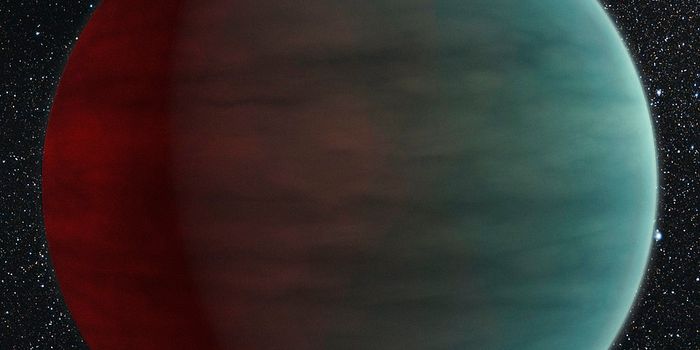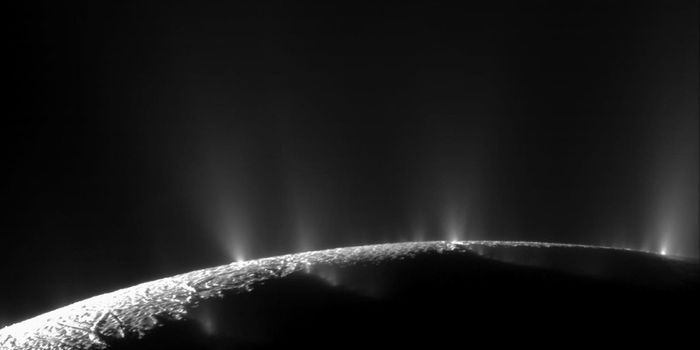JWST Finds Organic Molecules Beyond the Milky Way
Do the building blocks of life exist beyond the Milky Way, and can we identify them? This is what a recent study published in The Astrophysical Journal Letters hopes to address as an international team of scientists announced the discovery of organic molecules beyond our Milky Way Galaxy. This study has the potential to help scientists better understand the conditions for finding life beyond Earth, along with where to search for it.
For the study, the researchers used NASA’s powerful James Webb Space Telescope (JWST) to observe the protostar ST6 in the Large Magellanic Cloud (LMC), which is located approximately 163,000 light-years from Earth. For context, the Milky Way Galaxy is approximately 100,000 light-years across while Earth is hypothesized to be about halfway between the center of the Milky Way and its outer edge.
Credit: NASA/ESA/CSA/JPL-Caltech/M. Sewiło et al. (2025)
The reason the LMC is observed is due to its UV radiation fields that enable researchers to study its star-forming regions for how stars might have formed and evolved in the early universe. In the end, the researchers successfully identified five icy complex organic molecules: methanol, acetaldehyde, ethanol, methyl formate, and acetic acid, with this being the first detection of acetic acid ice, along with a first-time identification of acetaldehyde, ethanol, and methyl formate beyond the Milky Way Galaxy.
“Before Webb, methanol had been the only complex organic molecule conclusively detected in ice around protostars, even in our own galaxy,” said Dr. Marta Sewilo, who is a NASA research scientist and lead author of the study. “The exceptional quality of our new observations helped us gather an immense amount of information from a single spectrum, more than we’ve ever had before.”
What new discoveries about organic molecules beyond the Milky Way Galaxy will researchers make in the coming years and decades? Only time will tell, and this is why we science!
As always, keep doing science & keep looking up!
Sources: The Astrophysical Journal Letters, EurekAlert!









